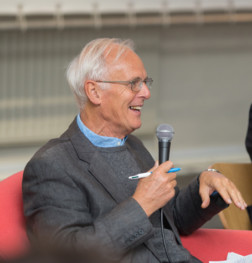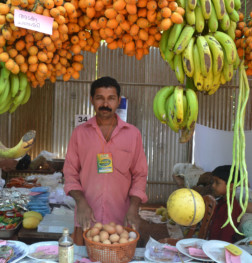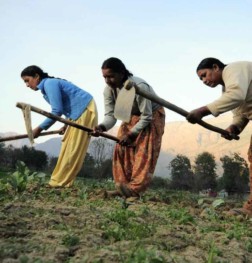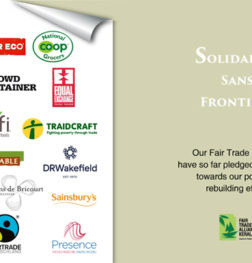
Hay Festival Kerala Blog
22 November 2011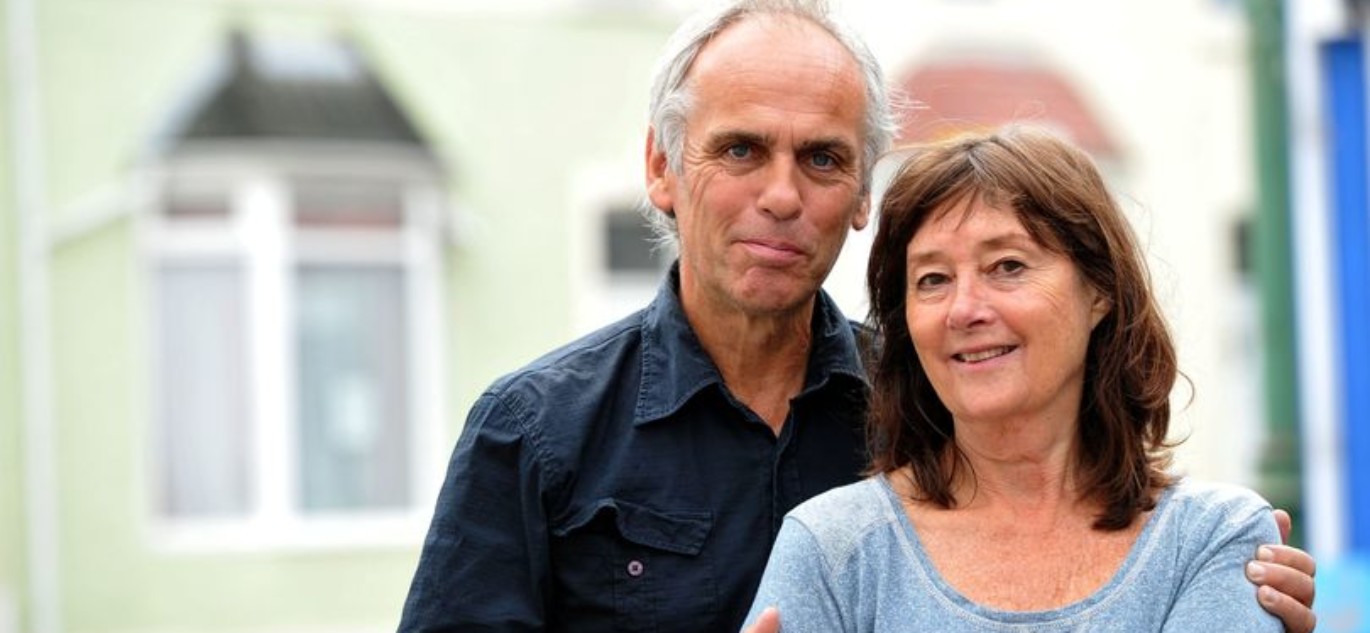
Robert Minhinnick, former editor of Poetry Wales and along with his wife Margaret founder member of Friends of the Earth Cymru, blames his mum. His tongue is only partly in his cheek when he explains how the 86-year-old Porthcawl resident refuses to buy at the Fair Trade shop he and Margaret run in the town. ‘We are,’ he says, referring to most of us in the West, ‘addicted to cheap food.’
Most of those present have heard the arguments before; by and large, the Minhinnicks are preaching to the converted. What is interesting about this discussion, especially when thrown out to the audience, are the complexities involved. Tomy Mathew, who chaired the session brilliantly with a potent mixture of knowledge and good grace, was swift to point out that Fair Trade is not simply an issue between the developing world and the West. ‘It’s about time the Indian middle class – which is 300 million strong – started paying their dues. If we are spending less than ten per cent of our income on food, we need to pay a fair price to the Indian farmer.’
Those in the audience are also eloquent and informed. Many are keen to bring up the issues of farmer suicide – a particular problem in Kerala, with five such cases in the last thirty days. But even this is not straightforward, as an English ex-pat living in a rural part of the state points out; much of this issue is also linked to alcoholism. There is also the complexity of labour issues. Kerala, the first state in India to access the world’s Fair Trade markets, has, at least according to one member of the audience, the right ‘social ambience’ to make such forays a success. With its long-established cash crops – spices, ginger, coffee and the famous Malabar pepper – and strong trade unions, it would seem that conditions are as perfect as they are ever going to be. But of course it is never as simple as that. As one member of the audience points out, the fact that Kerala children are in school while the more relaxed legislation on child labour in neighbouring Tamil Nadu means that simple market forces – as ever – dictate what really happens.
This being Hay, the intricacies of the social, economic and ethical debates are inevitably brought back to the role of the artist. Robert Minhinnick in particular is keen to press his view that in times when he predicts the world’s growing inequalities will ‘blow the lid off many cultures’, writers need to make themselves explicitly political. Tomy Mathew finishes the session by making the point that the festival itself is a ‘fair cultural exchange’ and should serve as a model not just for the exchange of ideas but for righting the wrongs of commodity exchange between India and the British, which has a long history of being unfair.
At the end Minhinnick apologises to his mum. ‘She’s a nice person really,’ he says. However, the next generation will have to live very differently.
(This blog post was part of The Hay Festival, 2011)
